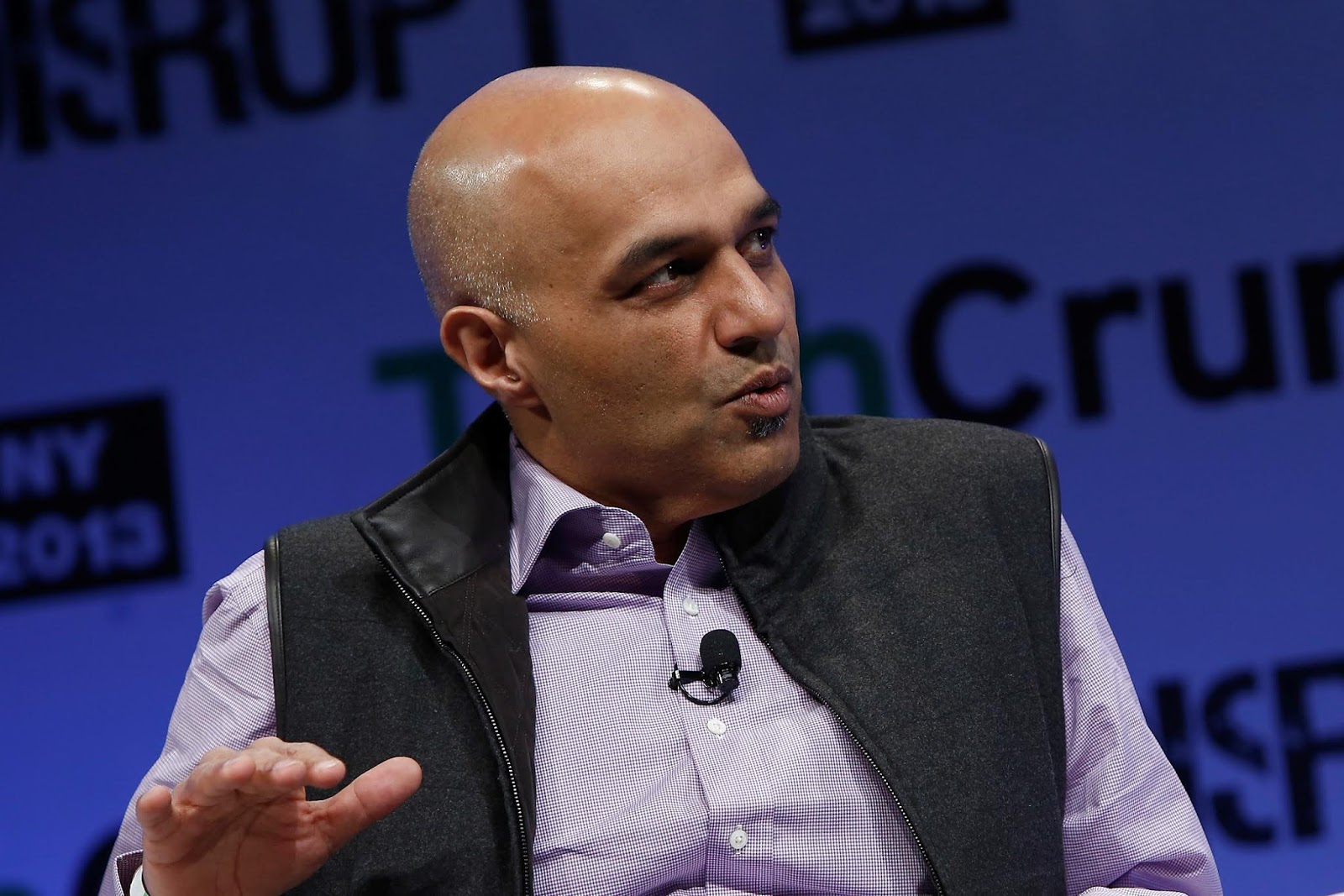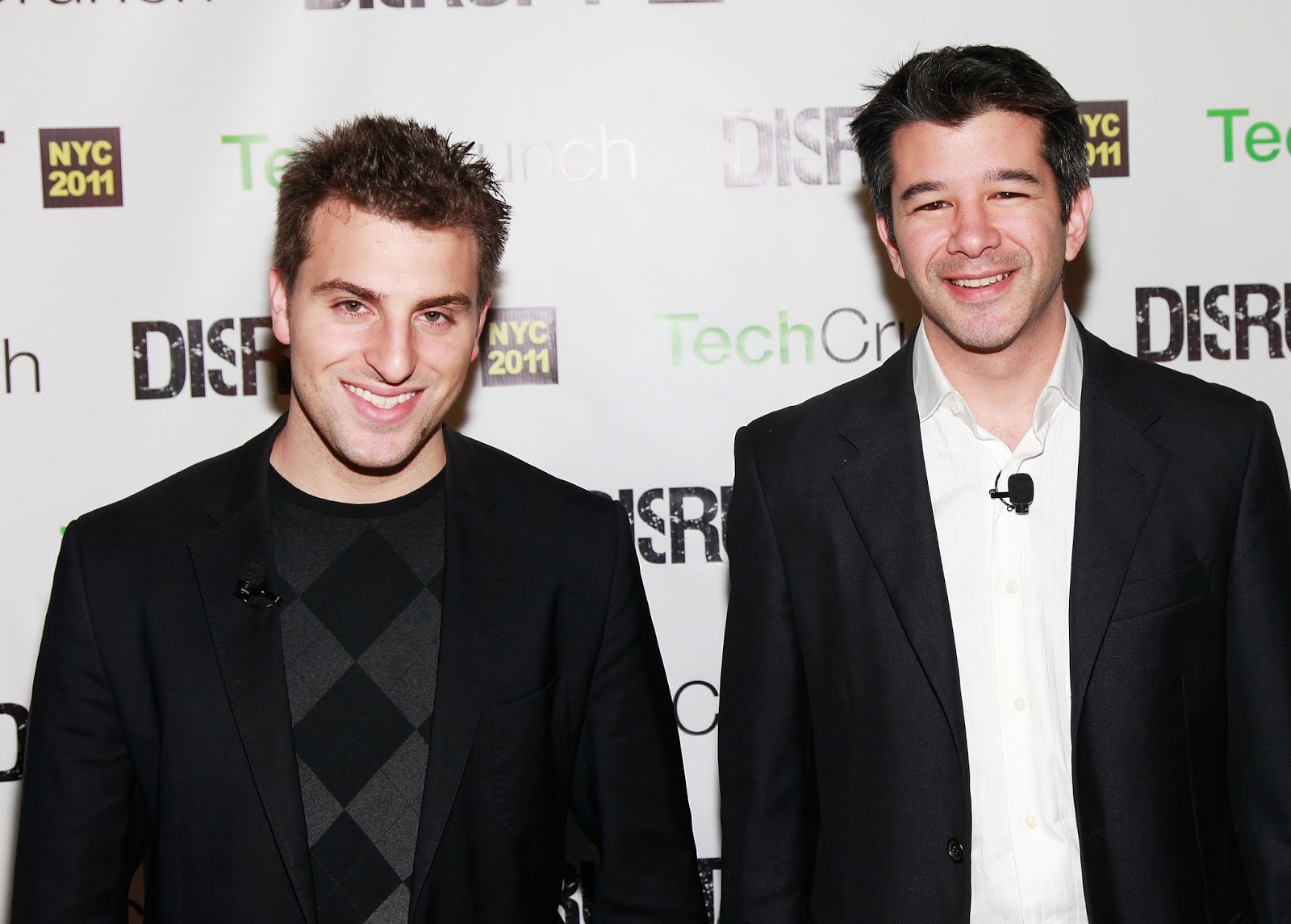 |
Sidecar co-founder Sunil Paul
Photo by Brian Ach/Getty Images for TechCrunch
|
Shuttered rideshare startup Sidecar, An early mover in the ridesharing industry alongside Uber and Lyft that went bust after 4 years in operation is suing Uber over what it claims are predatory pricing and anti-competitive practices that put it out of business.
Sidecar’s lawsuit filed in a San Francisco district court claims “Uber became hell-bent on stifling competition from ride-hailing apps,” and made use of subsidies and fake ride requests to competing services in order to exert its number one position in the ride-hailing market.
 |
Uber co-founder Travis Kalanick (right) pictured here with Airbnb CEO Brian Chesky was still CEO of the rideshare giant as at Sidecar’s demise
Photo by Charles Eshelman/Getty Images for AOL
|
“Instead of competing on the merits, Uber used a number of tactics that are against the law to drive Sidecar out of business.” Sidecar co-founder Sunil Paul said in a blog post detailing why the firm is suing Uber. “Uber took illegal steps to undermine Sidecar and other competitors, while it planned all along to raise prices for consumers once it had secured a dominant market position.” Paul said.
“We shut down in December 2015 and ever since Uber has been raising prices for passengers and lowering payments to drivers.”….Uber also intentionally interfered with the performance and quality of competing ride-hailing apps by using clandestine campaigns to send fraudulent ride requests through competitors’ ride-hailing apps, including Sidecar’s.” the blog post read.
 |
Virgin Group founder Richard Branson participated in a $15 million SideCar round in 2014
image : William Murphy on Flickr
|
‘
Sidecar raised over $30 million from investors including the Virgin Group, Union Square Ventures, GV, Lerer Hippeau and Lightspeed and had made one acquisition prior to its close and sale of its remaining assets to General Motors.
GM’s acquisition came prior to a $500 million investment into Lyft by the auto maker providing the company with more capital to take on competition from Uber as of that time. Although Uber leads by far in the ride-hailing market, Lyft still occupies a good position with 28% market share according to credit card data tracker Second Measure. Uber operates in 70 countries worldwide compared to just the U.S. and Canada for Lyft.
 |
General Motors put in $500 million into Lyft early 2016. General Motors President Dan Ammann (center) is pictured here with Lyft co-founders John Zimmer (right) and Logan Green (left)
image : General Motors
|
“By imposing higher prices while it was protected by the substantial barriers to entry created by network effects, Uber planned to recoup the losses it had incurred while pushing out its rivals. This practice would have significant negative effects on consumers in the form of higher prices, lower quality, and fewer options.” Sidecar said in its court filing.
“That plan has now come to fruition. Since Sidecar wound down its operations in December 2015, Uber has increased passenger prices in each of the markets where it was facing competition from Sidecar, without offsetting those increased fares with higher payments to drivers. Indeed, Uber has reduced driver payments at the same time it has raised passenger prices. Without competition from Sidecar to keep its prices in check, Uber now is imposing its will on both passengers and drivers in the form of higher, supra-competitive prices.” Sidecar claimed.











